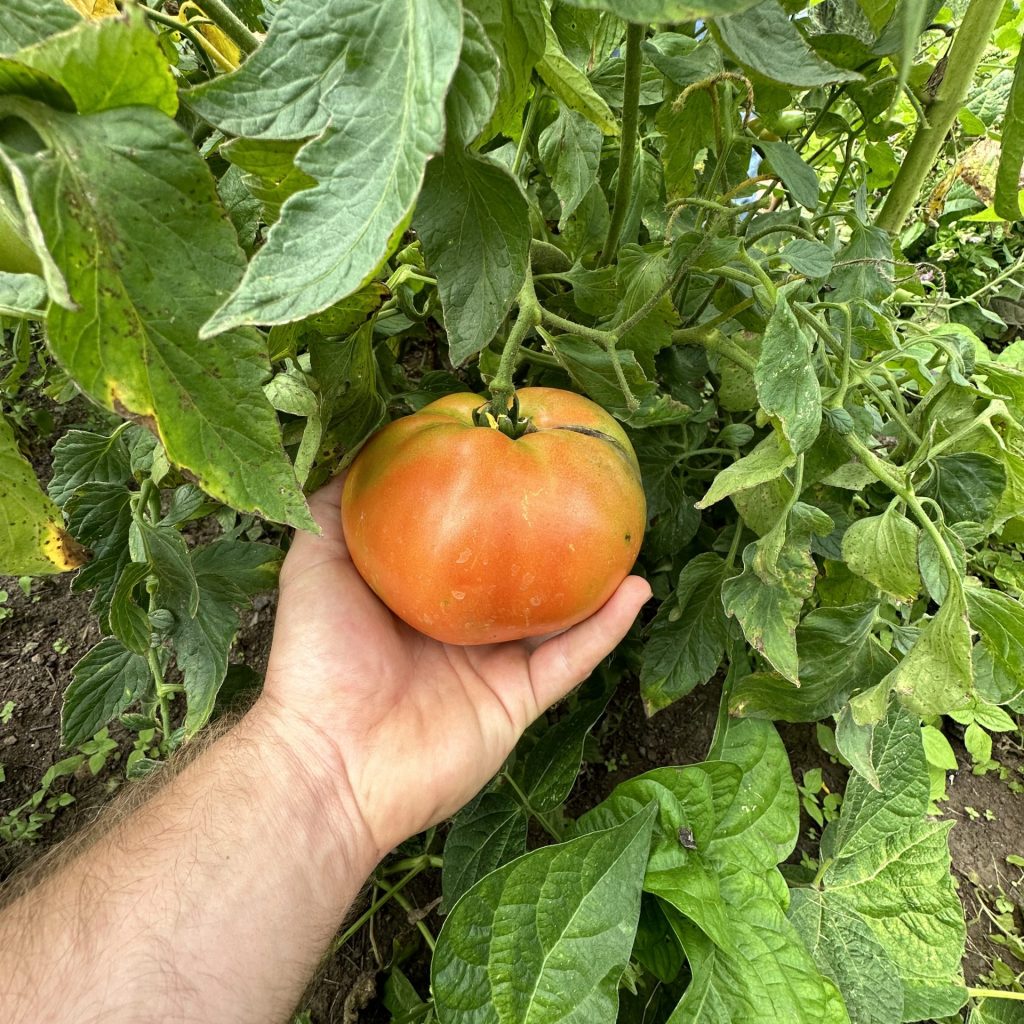The Growing Need For Urban Farming
South Florida, known for its sandy beaches and bright sunshine, is now experiencing a surge of movers, and increasing the spread of urbanization. As this continues, a struggle with sustainability necessitates a different kind of growth – urban farming. Let’s delve into the fertile ground of urban agriculture in South Florida, exploring its environmental benefits, community impact, and the unique opportunities it presents for residents to cultivate a healthier and more sustainable lifestyle.
What is Urban Farming and Why Does It Matter?
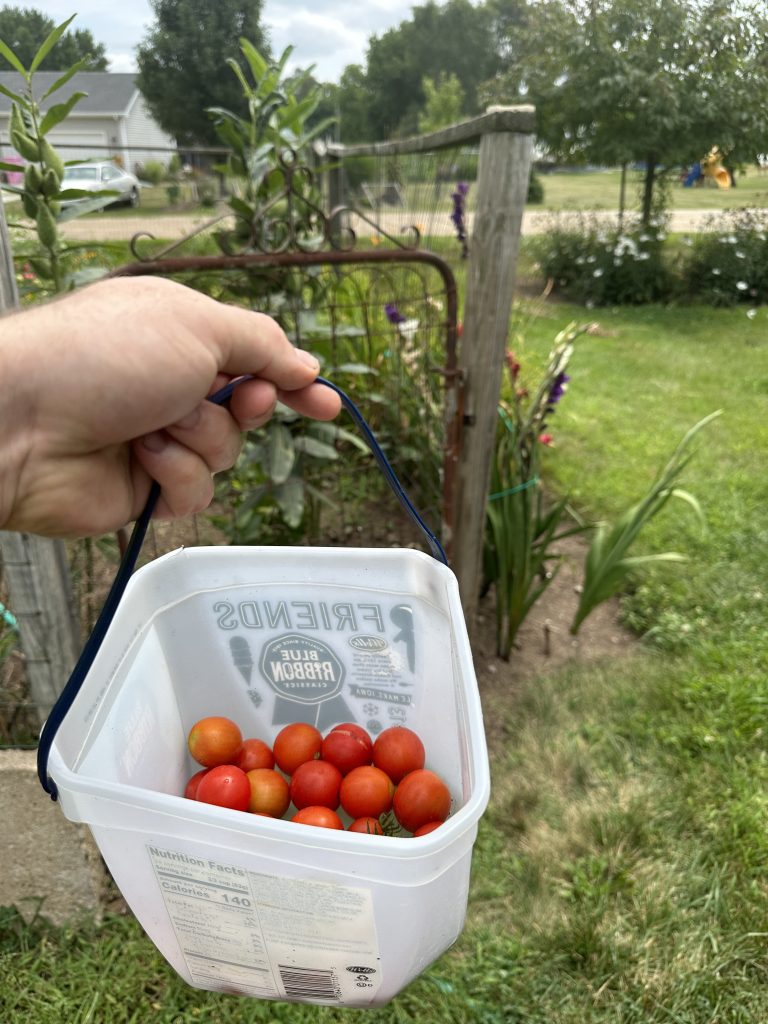
Urban farming repurposes underutilized spaces—turning rooftops, balconies, and vacant lots into lush agricultural plots. By doing so we can bring in fresh, local produce directly onto our tables.
In today’s conscious world, concerns about food safety like GMOs, fertilizers, and contaminated waters are continuing to grow. Urban farming offers a great solution! By cultivating your own food, you gain complete control over what goes on your plate, ensuring a healthy and organic diet.
Benefits of Urban Farming
Beyond the health advantages of cultivating your own delicious food, urban farming brings a a more sustainable and healthy environment as well:
-
Reduced Food Miles: By growing food locally, urban farms significantly cut down on the distance traveled by fruits and vegetables with trucks and planes for transportation. This translates to a smaller carbon footprint, minimizing greenhouse gas emissions.
-
Improved Air Quality: Plants are nature’s air filters, absorbing pollutants and releasing life-providing oxygen. Urban farms act as tiny green lungs improving air quality for residents and mitigating the effects of urban heat islands.
-
Enhanced Biodiversity: Urban farms provide a vital habitat for a variety of animals, especially pollinators like bees and butterflies. These insects are very important for plant reproduction and a healthy ecosystem, and urban farms offer them a much-needed refuge to thrive in an urban environment.
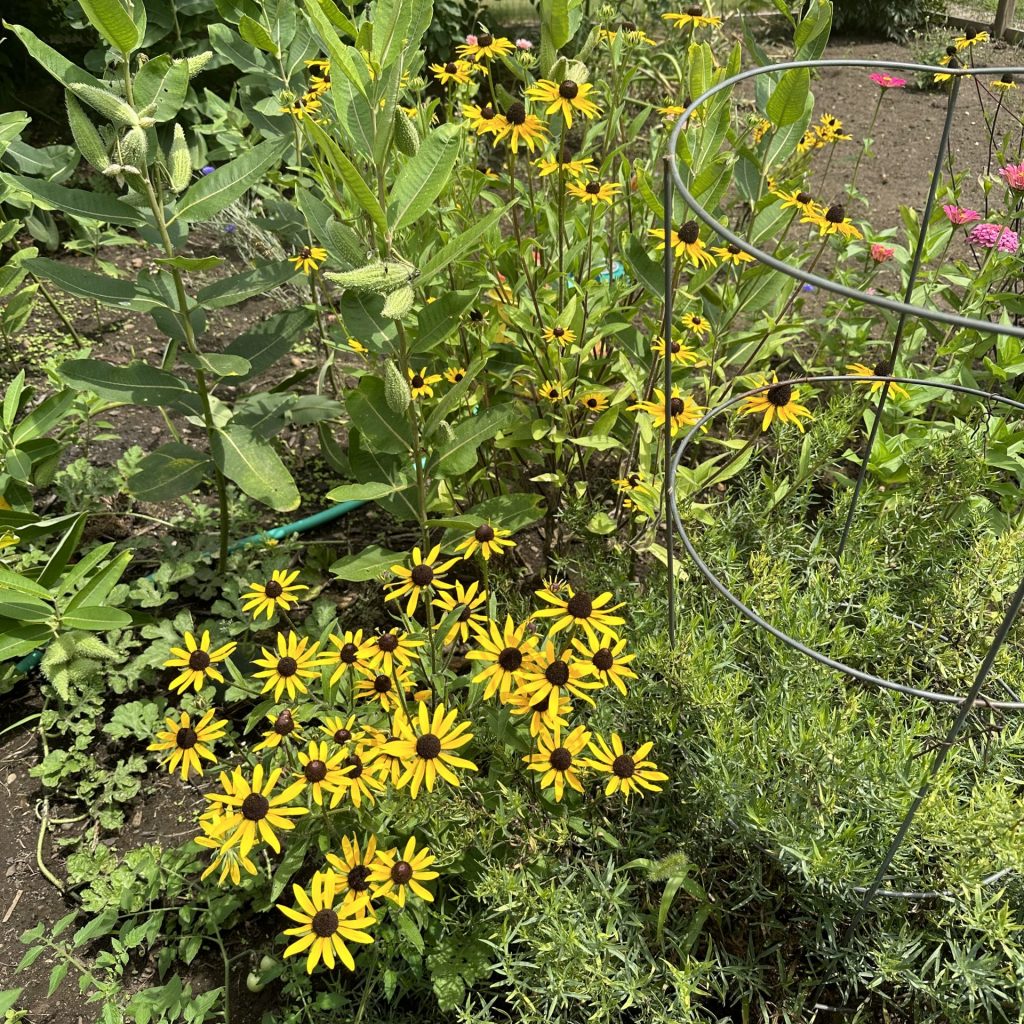
Permaculture: The Blueprint for Sustainable Urban Farming
Imagine urban farms that not only flourish but flourish sustainably. Permaculture, a design philosophy inspired by natural ecosystems, holds the answer. By mimicking nature’s efficient resource use, urban farms can become incredibly productive.
Techniques like water harvesting and composting minimize waste and ensure resources are used to the fullest, even in space-restricted areas. Every element in a permaculture farm serves multiple purposes and maximizes the efficiency of every resource.
Imagine a tall climbing vegetables like cucumbers that grows but also provides shade for heat-sensitive plants like lettuce or spinach below. This creates a microclimate that benefits both plants, maximizing yield and minimizing water needs.
Permaculture even encourages plants that synergize, where certain plants can deter pests for another, further reducing the need for external inputs like fertilizers. This holistic approach can allow urban farms to thrive sustainably and create a harmonious relationship between urban cities and food production.
Healthy Soil, Healthy Plants: The Importance of Water Quality Testing
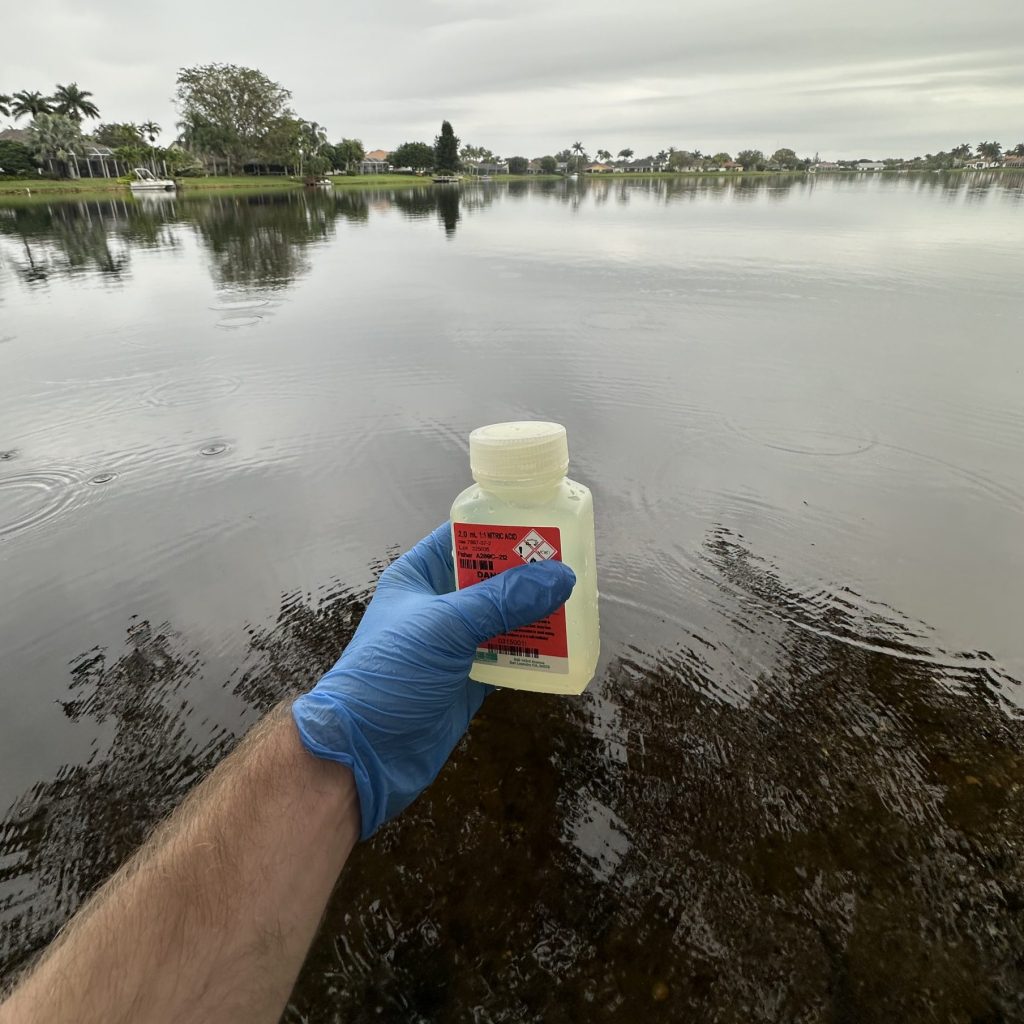
Just like any thriving ecosystem, urban farms rely on healthy soil to nourish their crops. However, even the most dedicated urban gardener can face challenges. Water quality can significantly impact plant growth, and imbalances in mineral content or the presence of contaminants can affect your harvest.
Here at Full Spectrum Environmental, we offer comprehensive water quality testing services to ensure your urban farm has the foundation it needs to flourish. By understanding your water’s unique composition, you can make informed decisions about filtration or changes, optimizing plant growth and ensuring a good harvest.
Urban Farms In South Florida
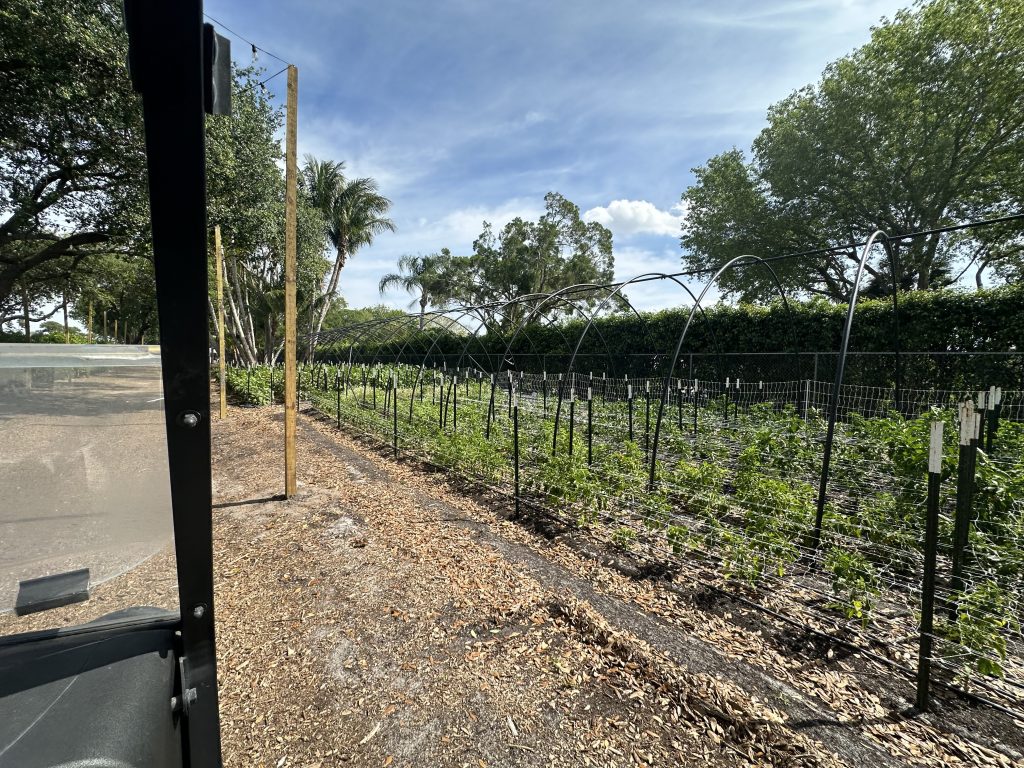
South Florida’s growth may be rapid, with new developments popping up daily, but a wave of sustainability is also taking root. Locals cherish places like Bedner’s Farm in Delray Beach. This family-owned gem, established in the 1960s, stands as one of the few remaining farmer’s markets in the region, growing fresh, local produce.
This focus on fresh, local food can also be found n conscious new neighborhoods. The Boca Raton Polo Club has its own on-site urban garden, allowing residents and country club members access to fresh veggies and herbs, guiding a connection to their food source right outside their doorsteps.
Similarly, the Arden Farms Neighborhood in Wellington integrates a community farm into its design. Residents can participate in workshops, volunteer, or simply enjoy the bounty of fresh produce it offers. These are just a few examples showing how South Florida is blossoming with urban agriculture, one seed at a time.
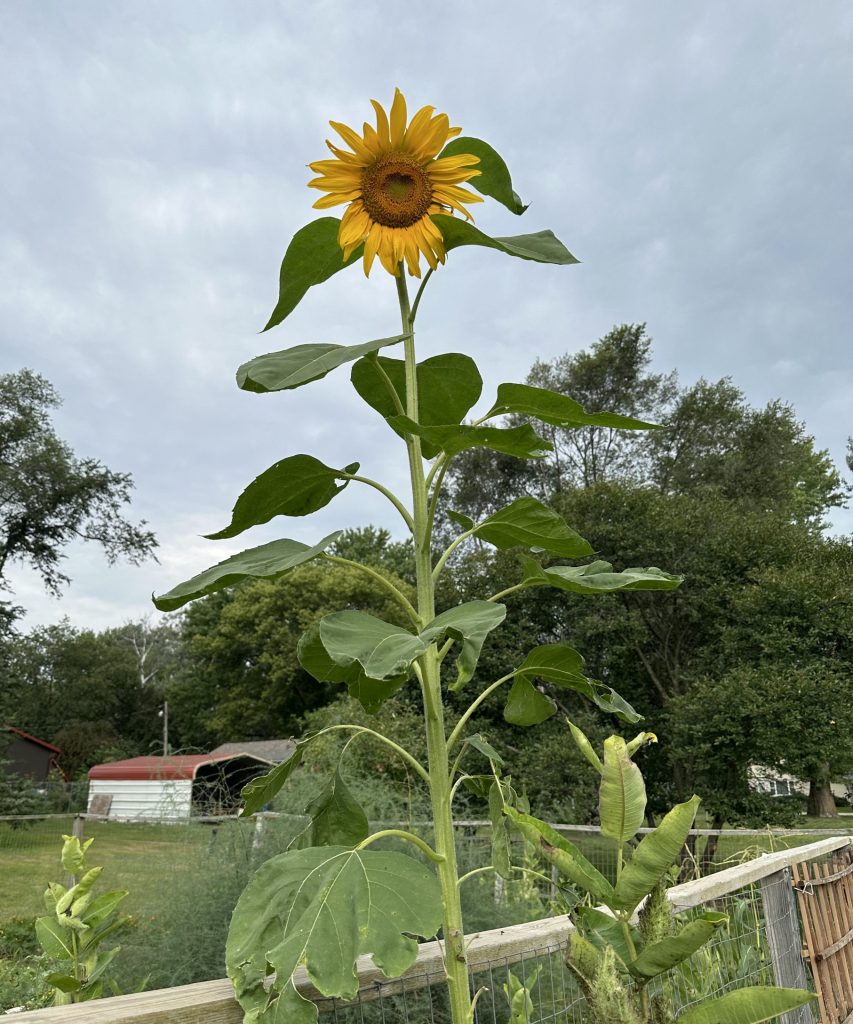
Cultivating a Greener Future
The future of South Florida is blooming with potential. By embracing urban agriculture – whether through our own gardens or by supporting local initiatives – we can cultivate a greener future. Imagine a network of thriving urban farms, generating healthier communities and minimizing our environmental impact. Let’s join the movement, one seed at a time.

